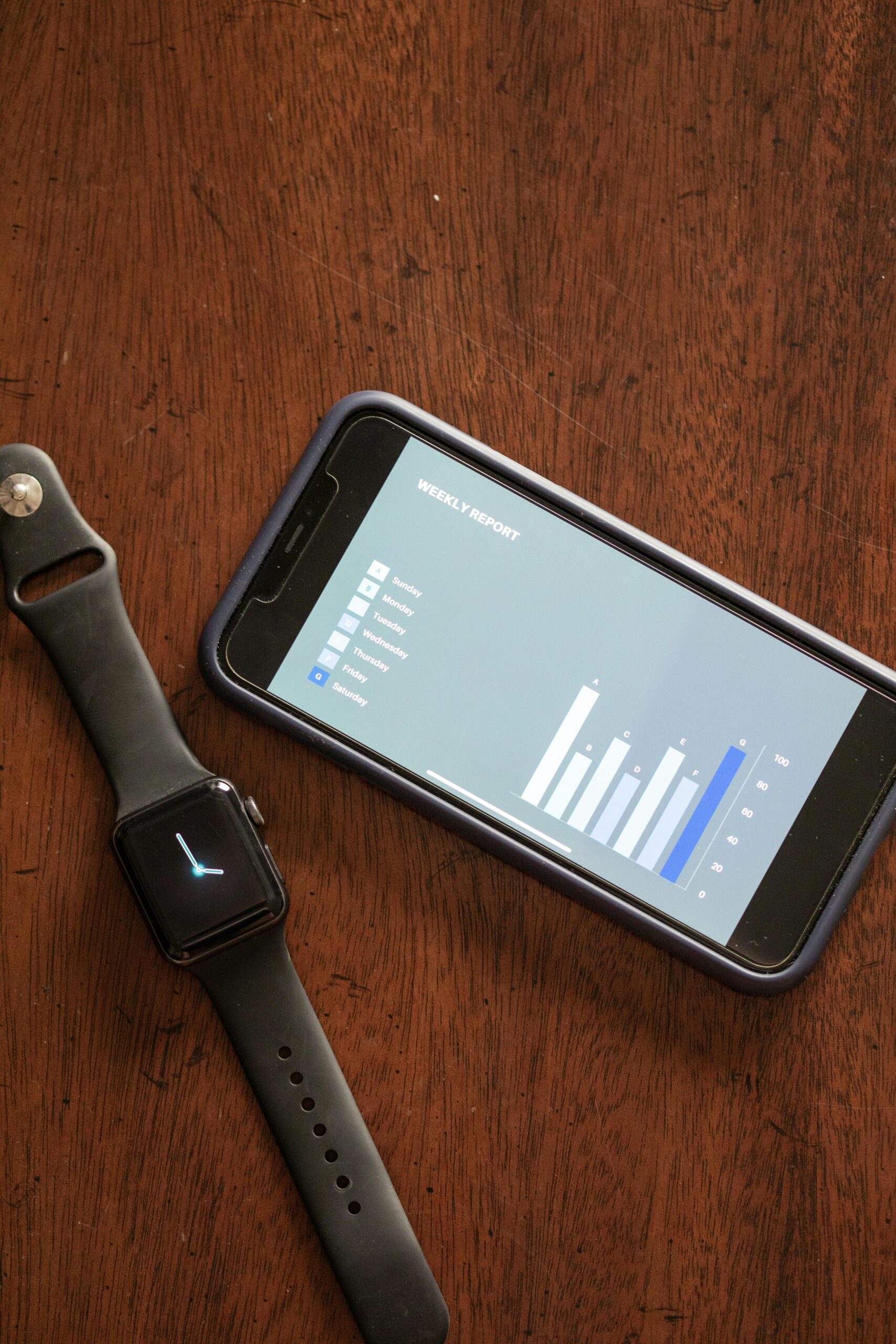Technology is transforming the way we manage our health, and modern health monitoring devices are at the forefront of this revolution. From wearable fitness trackers to smart blood pressure monitors, these devices empower individuals to take control of their well-being, reinforcing the principle that Health Equals Wellness. By providing real-time insights into key health metrics, they allow for early detection of health issues, encourage proactive lifestyle choices, and enhance overall self-care.
The Rise of Modern Health Monitoring Devices
In recent years, there has been a surge in the popularity of modern health monitoring devices due to advances in sensor technology, artificial intelligence (AI), and connectivity. These innovations have made it easier than ever to track various health metrics from the comfort of home.
Some of the most widely used health monitoring devices include:
- Wearable fitness trackers (e.g., Fitbit, Apple Watch)
- Smart blood pressure monitors
- Continuous glucose monitors (CGMs) for diabetes management
- Pulse oximeters to measure blood oxygen levels
- Smart scales for weight and body composition tracking
- Sleep trackers for improving sleep quality
These devices have become essential tools for individuals seeking to maintain an active, informed, and healthy lifestyle.
How Health Monitoring Devices Improve Self-Care
1. Personalized Health Tracking
Modern health devices provide real-time data on heart rate, activity levels, sleep quality, and more. This allows users to tailor their wellness routines based on accurate, personalized insights rather than guesswork.
For instance, fitness trackers can help set realistic activity goals, while sleep monitors analyze sleep patterns, encouraging better sleep hygiene. By integrating this data with health apps, users can track progress and make informed decisions to optimize their overall well-being.
2. Early Detection and Prevention
One of the greatest advantages of health monitoring devices is their ability to detect potential health issues early.
- Blood pressure monitors can help identify hypertension before it becomes a serious condition.
- Continuous glucose monitors (CGMs) enable diabetics to track blood sugar fluctuations in real time, reducing the risk of complications.
- Pulse oximeters can alert individuals to low oxygen levels, which may be a sign of respiratory conditions.
By providing these early warning signs, modern devices encourage users to seek medical attention before minor issues develop into serious health problems.
3. Enhancing Fitness and Weight Management
Maintaining a healthy weight and staying active is easier with modern health monitoring devices.
- Smart scales provide detailed insights into body fat percentage, muscle mass, and hydration levels.
- Fitness trackers count steps, monitor heart rate, and track calories burned, helping users stay motivated.
- Wearable devices remind users to move, promoting an active lifestyle.
This combination of real-time tracking and goal-setting capabilities makes these devices invaluable for those striving to improve their fitness levels.
4. Improving Sleep Quality
Sleep plays a crucial role in overall wellness, and modern health monitoring devices can help individuals understand and enhance their sleep patterns.
- Sleep trackers monitor sleep stages, heart rate, and breathing patterns.
- Smartwatches can detect disruptions in sleep and provide recommendations for better rest.
- Wearables with stress tracking can suggest relaxation techniques to improve sleep quality.
By analyzing sleep data, users can adjust their habits and create a sleep-friendly environment to boost energy levels and mental clarity.
5. Supporting Mental Health and Stress Management
Mental health is a key component of overall wellness, and many health monitoring devices now include stress management features.
- Heart rate variability (HRV) sensors measure stress levels and suggest mindfulness exercises.
- Guided breathing apps on smartwatches help users manage anxiety.
- Wearable ECG monitors can detect irregular heart rhythms linked to stress and mental health concerns.
With these tools, individuals can actively manage stress, improve focus, and enhance emotional well-being.
The Future of Health Monitoring Technology
The evolution of modern health monitoring devices continues to shape the healthcare landscape. Future innovations may include:
- AI-driven health insights that offer predictive health recommendations.
- Non-invasive glucose monitoring for diabetes care without finger pricks.
- Wearable hydration trackers to optimize water intake.
- Advanced biosensors that detect early signs of illness before symptoms appear.
As these technologies advance, self-care will become even more personalized and accessible, reinforcing the connection between Health Equals Wellness.
The rise of modern health monitoring devices is revolutionizing self-care by making health tracking more convenient, accurate, and personalized. Whether it’s monitoring heart rate, improving sleep, or managing stress, these devices empower individuals to take control of their well-being. By embracing these innovations, people can make proactive health choices and lead healthier, more informed lives—because when it comes to wellness, knowledge is power.



